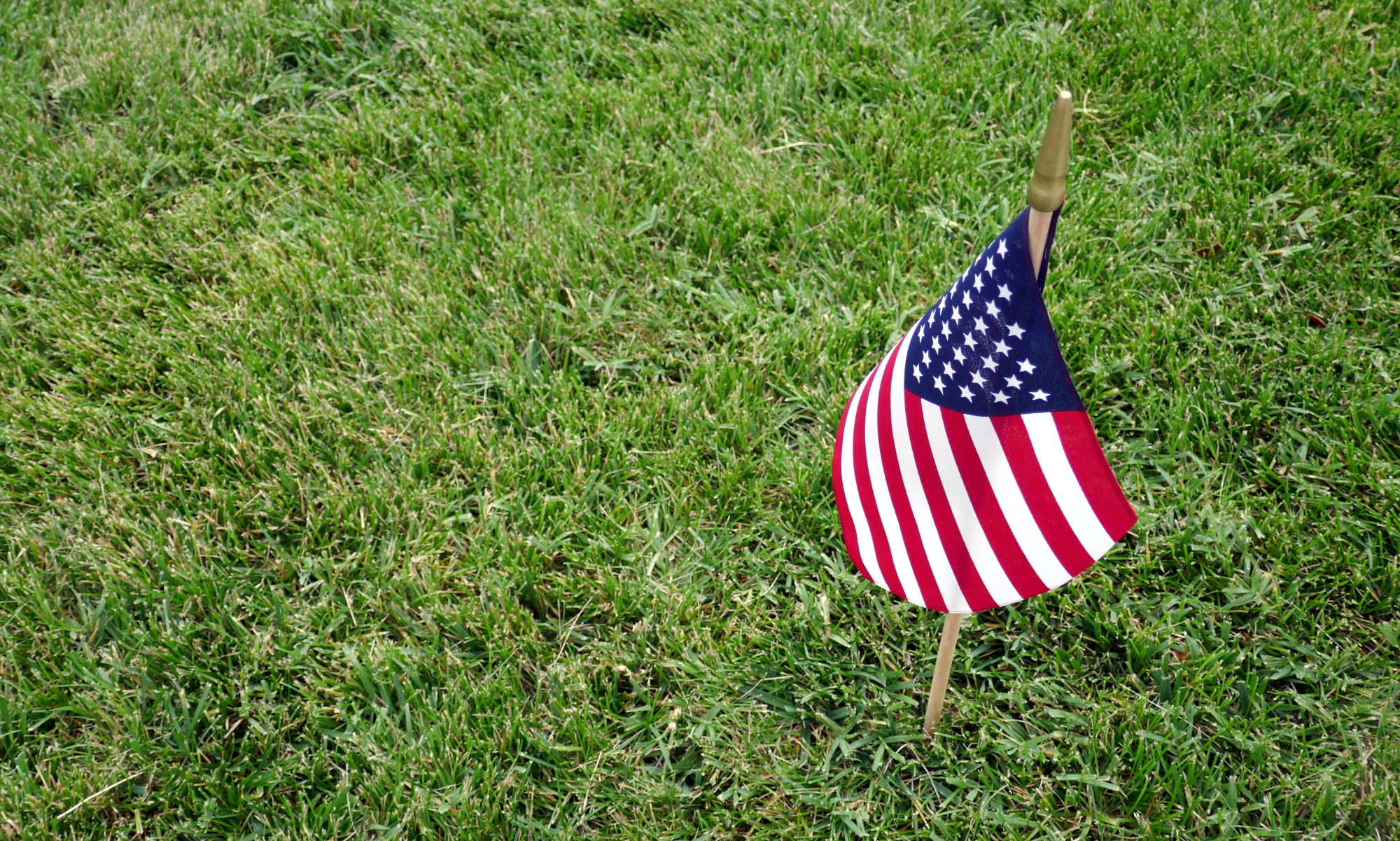by Jonathan Krall
I’ve been reading Democracy in Chains, by Nancy MacLean, where she reports that the very basis for civilization, the idea of “a public good,” is under attack. A public good is something, such as the subway or Social Security, that we all pay for. We do this to invest in our nation and as a duty to each other. Opponents of “public goods” have had some success, such as diverting taxpayer money from public to private schools. Because the public keeps fighting back in favor of public goods, opponents are attacking democracy itself.

Medicare is a popular program. Millions of seniors depend on Medicare daily. Yet Paul Ryan successfully pushed a bill through the House of Representatives to replace Medicare with a voucher system (it died in the Senate). Another example is transportation. Instead of investing in high-capacity subways, the current administration is encouraging cities to partner with private companies to build toll roads.
MacLean describes a school of thought, promoted by the late James Buchanan, that public schools, for example, come about because parents, and politicians, use emotional appeals to exploit the rest of us. That is, they are sneakily getting us to pay for the education of other people’s children. Buchanan and his allies wished to abolish public schools (and roads, parks, emergency rooms, etc.), so costs fall only on those who directly benefit. However, Buchanan’s disciples have found that, in a democracy, these draconian ideas fail. Rather than give up, MacLean reports, disciples of extreme privatization are attacking democracy itself.
Just recently, we hear that the Census will include a question about citizenship, frightening immigrants, even immigrants with citizenship, into failing to be counted. This will reduce Congressional representation for cities, where immigrants tend to be concentrated. This is also an attack on democracy.
In Texas, a voter ID law accepts a hunting license but not a student ID. This disempowers students. Similarly, when polling places in poor or minority neighborhoods are under-funded, lines are long, and the white and the wealthy are empowered at the expense of the rest of us.
According to MacLean, the modern conservative idea of freedom is freedom to do absolutely anything. Pollute the environment. Exploit the desperate poor. Privatize everything. Suck the losers dry. Their idea, that the powerful should have absolute freedom, is based on a game-theory fantasy (“the Nash equilibrium”). The idea is that everything will work out OK if everyone blindly pursues their self interest. These debunked and dangerous ideas are explored in a BBC documentary, The Trap.
Because modern conservative ideas cannot prevail in an open democracy, proponents discuss these ideas only in the broadest terms. Or, in private, in the Koch-funded think tanks. MacLean documents this as well. In the worst cases, their intentions are only revealed when they have the votes to pass legislation.
To many on the left, the modern GOP seems like party devoid of ideas. Their constant demonization of opponents seems intellectually weak. In the context of MacLean’s research, however, the GOP is implementing their ideas without disclosing their game plan. Dismantling the EPA? Part of the plan. De-funding public education? Damaged roads and collapsing bridges? Central to the plan. If the only safe school is a private school and the only safe road is a toll road, then the public has lost. The privateers have won.
Happily, the public can strike back. The Parkland, Florida students are modern conservatism’s worst nightmare. Not only are they rallying the USA behind safer public schools, these articulate students are nearly impossible to demonize. In this context, #RedforEd, a movement to support public funding of public schools in red states, is encouraging.
But what about the rest of us? How do we defend democracy against opponents who are hiding their intentions? We vote, especially in local and state elections. We fight to expand voting to as many US citizens as possible. We restore rights to the formerly incarcerated (and, because of the “prison industrial complex,” that’s a lot of US citizens). We support public goods, such as schools and subways. Private schools and toll roads should expand our options, not trap us into dependency on powerful corporations.

